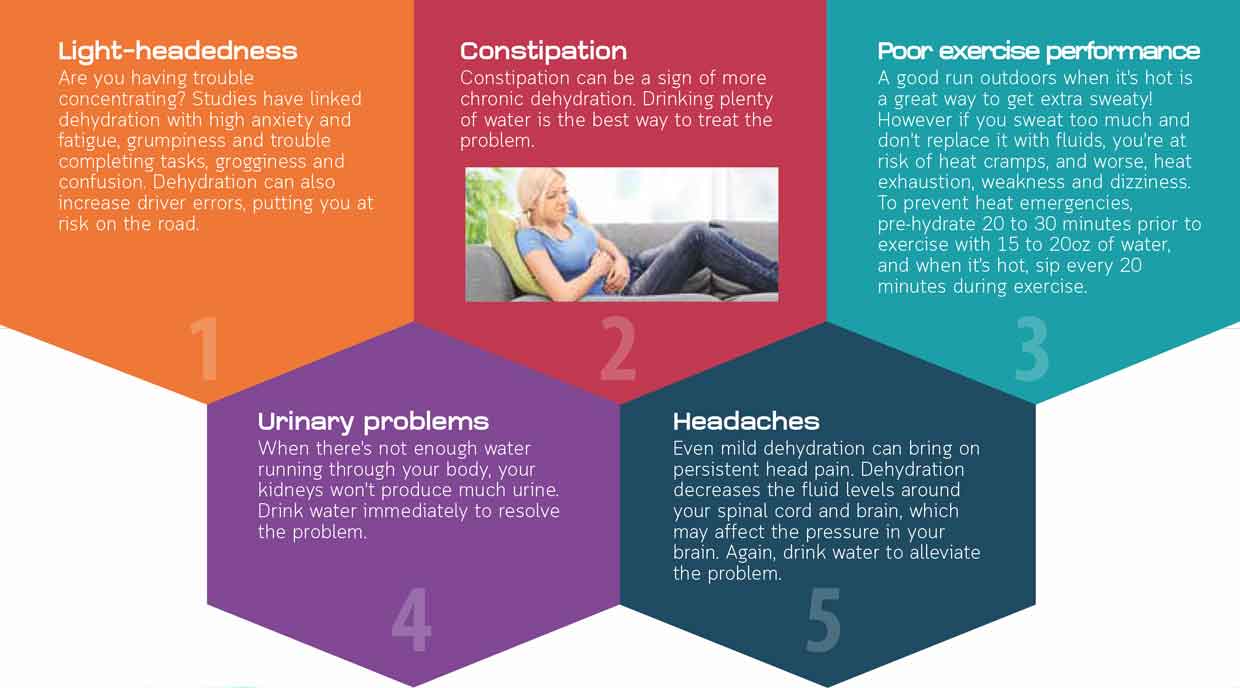
Multivitamins? Or a well-balanced diet?
Are multivitamin supplements that contain several vitamins and minerals essential for good health? Vitamin A, C, and D, plus calcium, iron, and magnesium among numerous others, are taken in a once a day dose, a simple way to get the vitamins and minerals you need from a small tablet or pill.
But multivitamins and their efficacy remain controversial. While supplements may help if you’re deficient in a specific nutrient, at the end of the day, your diet is most important.
Before supplements, humans had only foods to rely on for the vitamins their bodies needed to function. Vitamin A, for example, can be found in milk, eggs, liver, and green vegetables. Vitamin C can be found in oranges or dark leafy greens. Cheese, milk, yogurt, fortified tofu, and broccoli are all high in calcium. A well-balanced diet should, in theory, provide us with all the vitamins and minerals we need. Only when you’re sorely lacking a vitamin and aren’t eating a reasonably healthy diet, do you need supplements.
If you’re considering taking supplements, consult your doctor before choosing a multivitamin plan. Many find that supplements have little or no effect at all. That being said, it’s probably a better idea to focus on consuming a well-balanced diet, complete with protein, whole wheats, and plenty of green leafy vegetables, than to turn to expensive pills.

What happens to your body when you don’t eat enough salt?
Reducing salt intake is important for maintaining a healthy blood pressure level, however overdoing it could harm your heart.
Many otherwise healthy adults are at great risk for heart disease and stroke because of high blood pressure, also known as hypertension. While many people consume more salt than they should, increasing their risk, not everyone should switch to a low-salt diet.
While lowering salt intake is the key to keeping those with high blood pressure in check, cutting out too much salt could put them at greater risk of cardiovascular disease.
Some people’s bodies are more sensitive to the effects of salt than others. However, consuming too much salt leads to fluid retention and high blood pressure. Those who are sodium sensitive or who have a history of heart problems or hypertension in their family, may want to reduce the amount of salt, but also need to make sure they’re consuming the right amount.
Once you go below 2,300 milligrams of sodium per day, there are no benefits to the heart, but instead there is potential for harm.
A single teaspoon of table salt, which is a blend of sodium and chloride, has 2,325 milligrams of sodium. Sodium and chloride are two electrolytes that help maintain fluid balance, nerve impulses, and help the body absorb glucose, amino acids, and water, ultimately regulating the body’s blood pressure.
The relationship between salt intake and health requires an approach that recommends salt in moderation, particularly focused on those with hypertension.
Five signs that show you need to drink more water
1 – Light-headedness
Are you having trouble concentrating? Studies have linked dehydration with high anxiety and fatigue, grumpiness and trouble completing tasks, grogginess and confusion. Dehydration can also increase driver errors, putting you at risk on the road
2 – Constipation
Constipation can be a sign of more chronic dehydration. Drinking plenty of water is the best way to treat the problem.
3 – Poor exercise performance
A good run outdoors when it’s hot is a great way to get extra sweaty! However if you sweat too much and don’t replace it with fluids, you’re at risk of heat cramps, and worse, heat exhaustion, weakness and dizziness. To prevent heat emergencies, pre-hydrate 20 to 30 minutes prior to exercise with 15 to 20oz of water, and when it’s hot, sip every 20 minutes during exercise.
4 – Urinary problems
When there’s not enough water running through your body, your kidneys won’t produce much urine. Drink water immediately to resolve the problem.
5 – Headaches
Even mild dehydration can bring on persistent head pain. Dehydration decreases the fluid levels around your spinal cord and brain, which may affect the pressure in your brain. Again, drink water to alleviate the problem.
How to spot signs of stress in your children
Young people, like adults, experience stress, which can come from a variety of sources. These are all fairly normal parts of growing up, but because children now have less down time and expectations are so high, these ordinary problems can become magnified and less easy for them to deal with.
How to spot the signs that something might be wrong in your children
1 – They want to skip school
It’s no surprise to hear your child doesn’t want to go to school sometimes, but if it becomes more frequent be aware that perhaps there’s an underlying reason why they want to stay at home. So many things can cause stress at school – exams, schoolwork, socially fitting in and at worst, bullying.
2. – Their grades are slipping
Another tell-tale sign of stress is how their grades are. If they used to be getting As and Bs and they start getting Cs and Ds, ask yourself why. Children can also feel huge pressure from their parents and teachers during exam time.
3 – Their eating habits have changed
As with adults a big indicator of stress is how you relate to food. It can go two ways, a child can overeat, where they use food as a comfort, or they can eat too little or even lose interest in eating altogether.
4 – They say they feel physically ill
Understand that ‘feeling sick’ may be caused by stress. Stress can appear as physical symptoms, such as headaches and tummy aches. If this happens more frequently or increases in certain situations, like before an exam, the child may be experiencing stress. They may also show their stress in physical behaviour, such as being more jumpy and less able to settle down.
5. They don’t sleep through the night
Children who are suffering from stress often experience poor sleep. Modern technology may be playing a big part in this. Your child may be taking their phone or iPad to bed with them and it may be stopping them from sleeping. As wonderful as modern technology is, it needs to be monitored.”
6. They have a negative outlook
Does your child appear sad and unhappy? Look at their behaviour and perhaps they’re misbehaving to get your attention – but not even on a conscious level.
You should know the behaviour in your child normally to recognise any changes. It’s often not what’s being said that’s important, but what’s not being said.
If you feel something is wrong, the first port of call would be to speak to your GP. Sometimes a child may be reluctant to go to the doctor, but initially you can go on your child’s behalf.
Hi, and welcome to the first edition of Health Matters, from Pacific Cross Health Insurance PCL.
We are providing a range of informative articles to give you an insight into important health related matters that are particularly relevant in the modern times we live in.
We hope you save money, enjoy a healthy lifestyle and of course, are adequately insured in times of need. Please read on, and remember, your health and that of your family, matters.
Tom Thomson, Chief Executive Officer
Pacific Cross Health Insurance PCL

